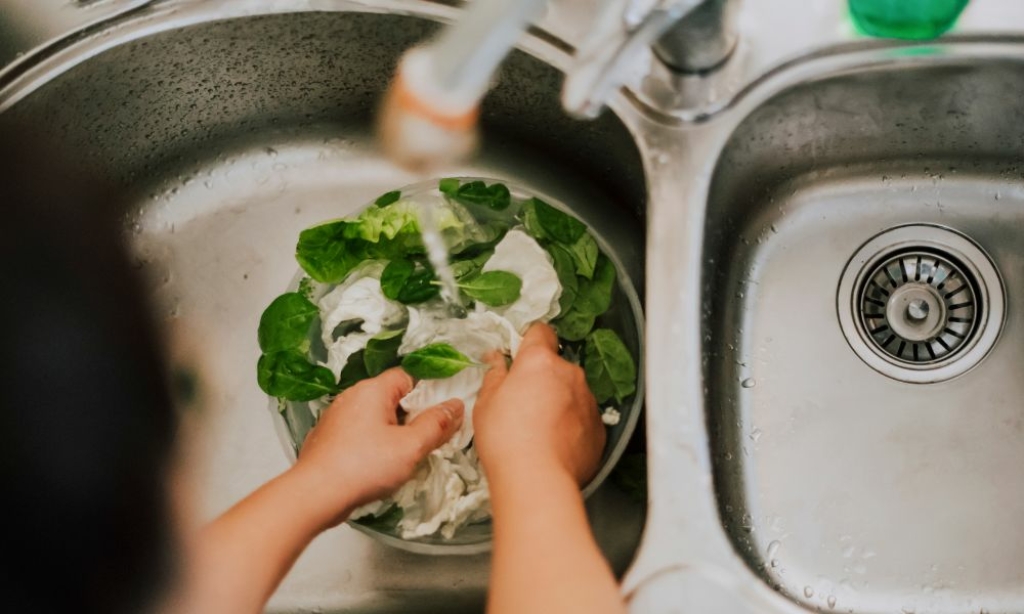In the food industry, maintaining high standards of food safety and sanitation is paramount to ensure the health and well-being of consumers.
Pests pose significant threats to food facilities, as they can contaminate products, spread diseases, and damage infrastructure. To combat these challenges effectively, the Pest Control Omaha industry plays a crucial role in safeguarding food establishments.
This article explores the vital role of professional pest control Omaha in ensuring food safety and sanitation, focusing on regulations, integrated pest management (IPM), benefits of hiring professionals, collaboration with food facility personnel, pest control documentation, and ongoing monitoring.

Understanding the Impact of Pests on Food Safety When it Comes to Pest Control in Omaha
Pests, such as rodents, insects, and birds, can infiltrate food processing and storage areas, leading to potential hazards to public health and food quality. These unwelcome intruders can contaminate surfaces and food products with harmful bacteria and pathogens, causing foodborne illnesses. Additionally, they can compromise the integrity of packaging, leading to economic losses and reputational damage for food establishments.
- Regulations and Standards for Pest Control in the Food Industry
Recognizing the critical role of pest control in food safety, regulatory bodies have established stringent standards to govern pest management practices in food facilities. Compliance with these regulations is essential to ensure that businesses meet the required hygiene and sanitation standards. The food that is supplied has to be tested with food safety test strips, and the pest control professionals should be well-versed in these guidelines and work diligently to maintain compliance while implementing effective pest control measures.
- Integrated Pest Management (IPM) in Food Facilities
A key strategy employed by professional pest control services is Integrated Pest Management (IPM). IPM is a holistic approach that emphasizes prevention, monitoring, and control of pests through environmentally friendly methods. By combining multiple pest control techniques, such as sanitation, exclusion, and targeted treatments, IPM minimizes the use of harmful chemicals and promotes sustainable pest management solutions in food establishments when it comes to pest control in omaha.
- Benefits of Hiring a Professional Pest Control Service
Engaging professionals when it comes to pest control in omaha offers numerous advantages for food facilities. Trained technicians have extensive knowledge of pest behavior and biology, enabling them to identify and address specific pest issues effectively. Additionally, pest control professionals use advanced equipment and safe, approved chemicals, ensuring the efficient elimination of pests without compromising food safety.
Also Read: Pest Control in Maryville TN Commercial Buildings: Best Practices and Considerations
Role of Pest Control Omaha NE Professionals in Food Establishments
- Collaboration Between Pest Control Professionals and Food Facility Personnel
To optimize pest control efforts, collaboration between pest control professionals and food facility personnel is vital. Communication and cooperation ensure that the unique needs and challenges of each food establishment are addressed comprehensively. Regular meetings and discussions help identify potential problem areas, implement corrective actions, and create a pest-resistant environment.
- Pest Control Documentation and Reporting
Professional Pest Control Omaha NE services maintain detailed documentation and reporting of their activities within food establishments. This documentation serves as a crucial tool in monitoring pest activity, tracking treatment progress, and demonstrating compliance with regulatory requirements. Accurate reporting allows for swift action in case of pest issues and enables continuous improvement in pest management practices.
- Ongoing Monitoring and Continuous Improvement
Pest control is an ongoing process that requires continuous monitoring and evaluation. Pest control professionals such as All Star Pest Control conduct regular inspections to identify any changes in pest activity or potential vulnerabilities. By consistently reassessing pest control strategies, Pest Control Omaha NE professionals can adapt their methods to address emerging challenges and ensure long-term food safety and sanitation.
Lastly, Professional pest control services play a pivotal role in upholding food safety and sanitation standards in the food industry. Through their expertise in pest management, adherence to regulations, and implementation of Integrated Pest Management (IPM) practices, they safeguard food establishments from the threats posed by pests.
Collaboration with food facility personnel, meticulous documentation, and ongoing monitoring contribute to the continuous improvement of pest control strategies, creating safe and hygienic environments for consumers and bolstering the reputation of food businesses. By recognizing and embracing the value of professional pest control, the food industry ensures that the health and well-being of the public remain a top priority.